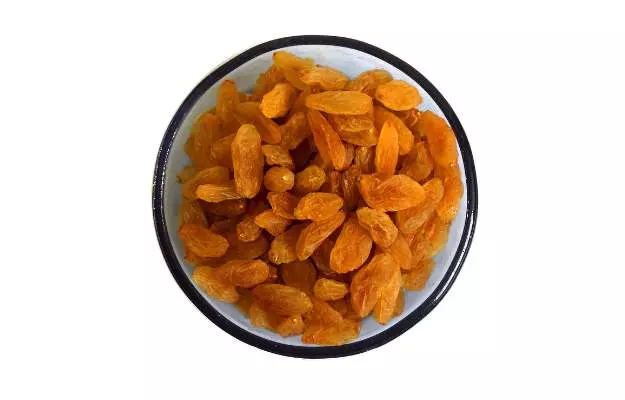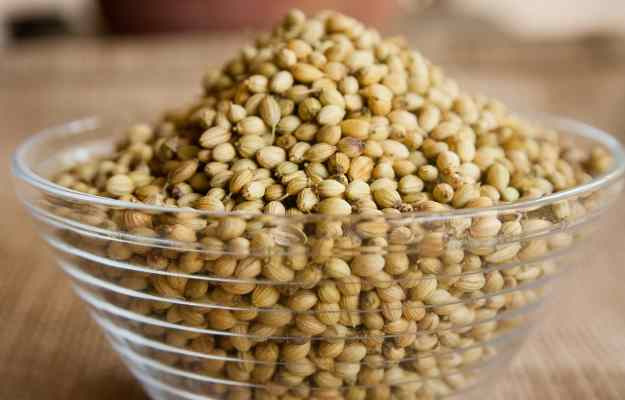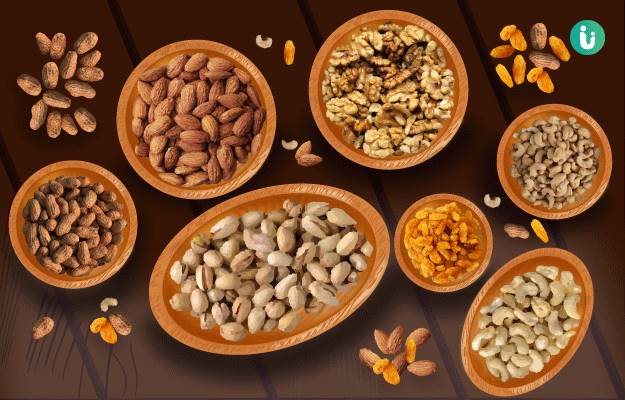Raisins are one of the most famous traditional dry fruits of India. Raisins are grapes which are dried naturally under the sun. There are two major varieties of raisins - seeded and seedless. Depending upon the type of grape used, the colour of raisins could vary from green to purple to black.
Raisins are produced in many parts of the world. The USA is the largest producer of raisins, followed by Turkey and South Africa.
Raisins can be eaten raw or can be added to other food items and desserts. In India, one can find raisins in puddings, desserts and certain varieties of rice items. A one-fourth cup of raisins or 60-70 raisins contain a high content of fibre and potassium. Raisins do not contain any fat. Raisins are packed with several essential vitamins and minerals which are necessary for the healthy functioning of the body. They are also known for their antioxidant property and low content of sodium. All of these make raisins a perfect snack.
Some basic facts about Raisins:
- Botanical name: Vitis Vinifera
- Family: Grapevine family (Vitaceae)
- Common Name: Kishmish, Sultanas, and Currants
- Sanskrit name: Draksa
- Native region and geographical distribution: Grapes are cultivated in Italy, Turkey, Spain, China, France, Argentina and the USA. USA and Turkey account for about 80% of the world’s total raisins production. In India, it is cultivated on over 34,000 hectares of land with an annual production of 1,000,000 tonnes. Maharashtra is the largest raisin producing state of India, followed by Karnataka, Tamil Nadu and Andhra Pradesh.
















